Template Email for Requesting a Letter of Recommendation
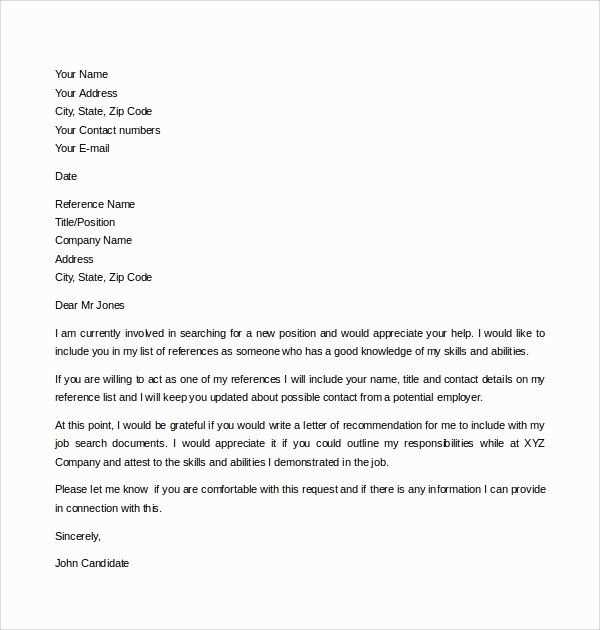
Reaching out to someone for a favor can feel intimidating, especially when the task involves something important to your career or personal growth. It’s essential to approach the situation with respect and professionalism. Crafting a message that conveys your needs clearly and politely is key to getting a positive response.
Clear communication is crucial in these situations. You want to ensure the person understands what you’re asking and why it matters. The message should reflect your gratitude for their time and consideration, without being too demanding. Tailoring the request to the individual’s background and your relationship with them can increase your chances of a favorable reply.
By following a structured and thoughtful approach, you can create a well-received message that not only helps you achieve your goal but also strengthens your professional connections.
Why Requesting a Recommendation Letter Matters
Requesting support from others can significantly impact your personal and professional growth. It serves as a way to validate your skills, character, and achievements through the perspective of someone who has witnessed your abilities firsthand. These types of endorsements can make a considerable difference in various opportunities, such as academic applications, job searches, or professional recognition.
Strengthening Your Credibility
When someone with authority or experience vouches for your abilities, it adds weight to your qualifications. A positive assessment from a trusted individual highlights your strengths and can provide a clear picture of your potential. This can be especially valuable when applying for positions or programs where many candidates are vying for the same opportunity.
Building and Maintaining Relationships
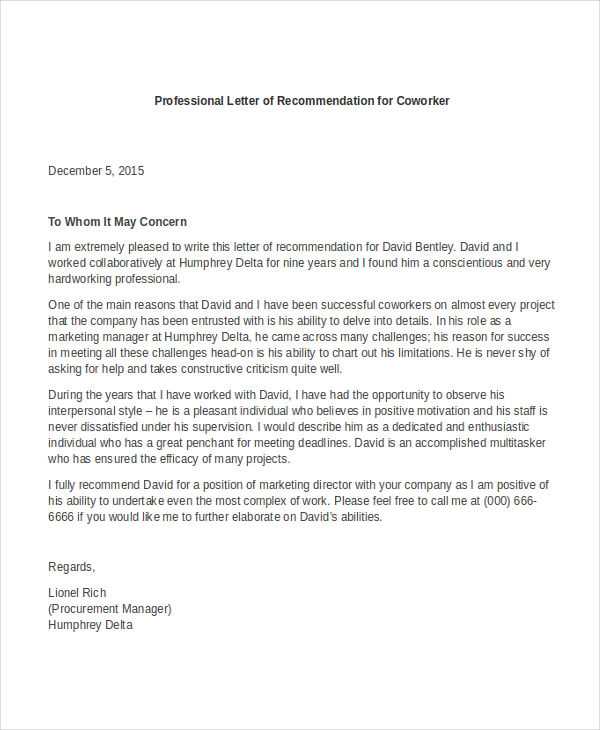
Requesting such support not only provides you with a valuable tool but also strengthens your connection with the person offering it. It demonstrates that you value their opinion and trust their judgment. Maintaining these professional relationships is important, as they often lead to future opportunities and collaborations. Remember to show appreciation for their time and effort in helping you achieve your goals.
Key Elements of a Polite Request
When requesting support from others, it’s essential to maintain a respectful and considerate tone. A well-constructed appeal demonstrates both your professionalism and appreciation for the person’s time. The way you phrase your request can greatly influence the likelihood of receiving a positive response.
Clarity and Specificity
Being clear about what you’re asking and why it’s important helps the recipient understand the purpose behind your request. Make sure to explain how their contribution would assist you and mention any specific details they may need to know in order to provide an informed response. This eliminates ambiguity and ensures the person feels confident in agreeing to help.
Gratitude and Respect
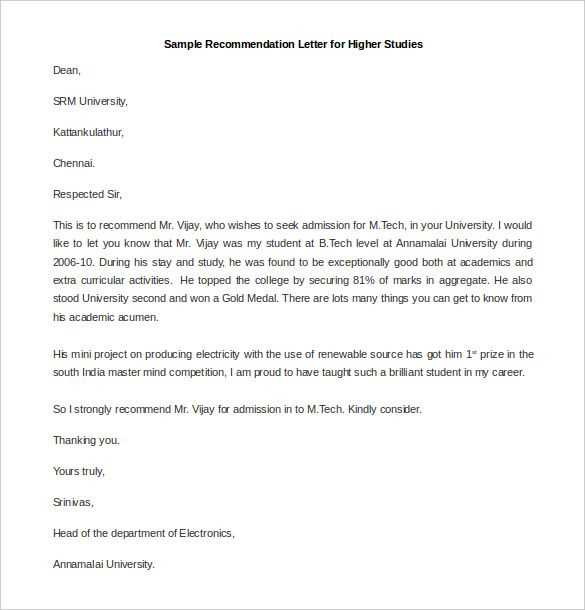
Always acknowledge the person’s time and effort in considering your request. Expressing genuine thanks not only shows appreciation but also fosters goodwill. A polite and respectful tone throughout your message will leave a positive impression and strengthen your relationship with the individual.
Crafting a Professional Email Request
When reaching out to someone for a favor, it’s crucial to communicate your message in a manner that is both clear and respectful. Crafting a well-structured appeal ensures that the recipient understands the request and can easily respond. A professional approach increases the likelihood of a positive outcome and helps maintain a strong relationship with the person you’re contacting.
Start with a Clear Subject Line
The subject line should immediately indicate the purpose of your message. It should be concise, direct, and respectful, allowing the recipient to quickly understand what you’re seeking. A well-written subject line sets the tone for the rest of your communication and ensures that your request is noticed among other messages.
Be Polite and Concise
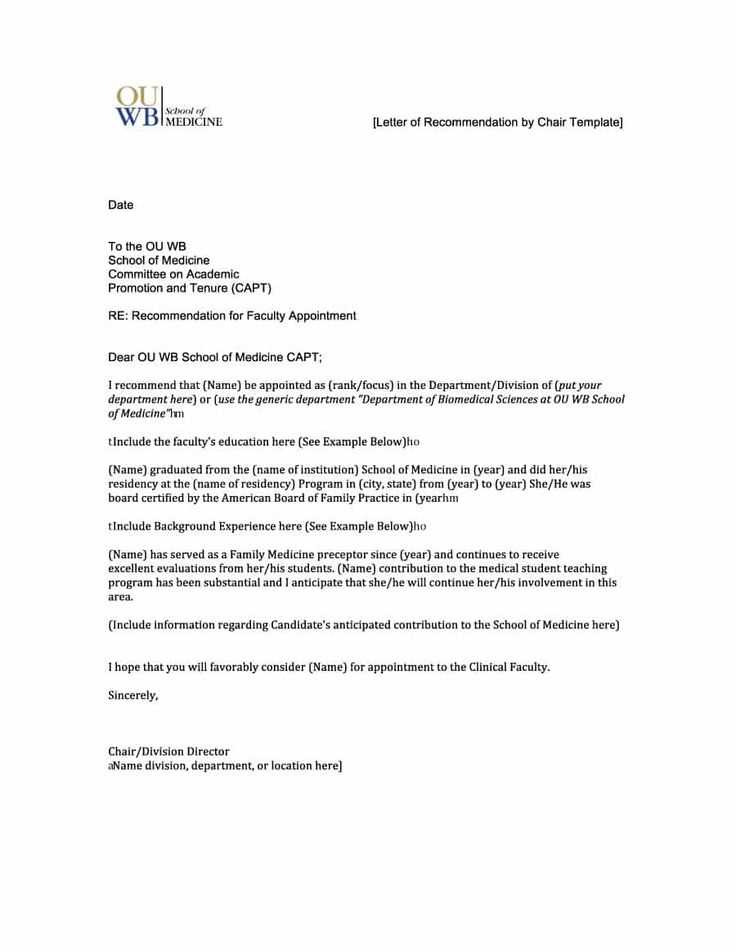
Keep your message brief while maintaining politeness. Be sure to introduce yourself if necessary and explain why you’re reaching out. Acknowledge the person’s expertise or position and how it relates to your request. Offering all the necessary information without overloading them with details is key to showing respect for their time.
Common Mistakes to Avoid in Requests
When seeking assistance from others, it’s easy to make mistakes that could lead to a negative response. Being aware of these common errors and how to avoid them can significantly improve your chances of receiving a positive reply. A thoughtful and considerate approach is key to maintaining strong relationships while successfully gaining the support you need.
Rushing the Request
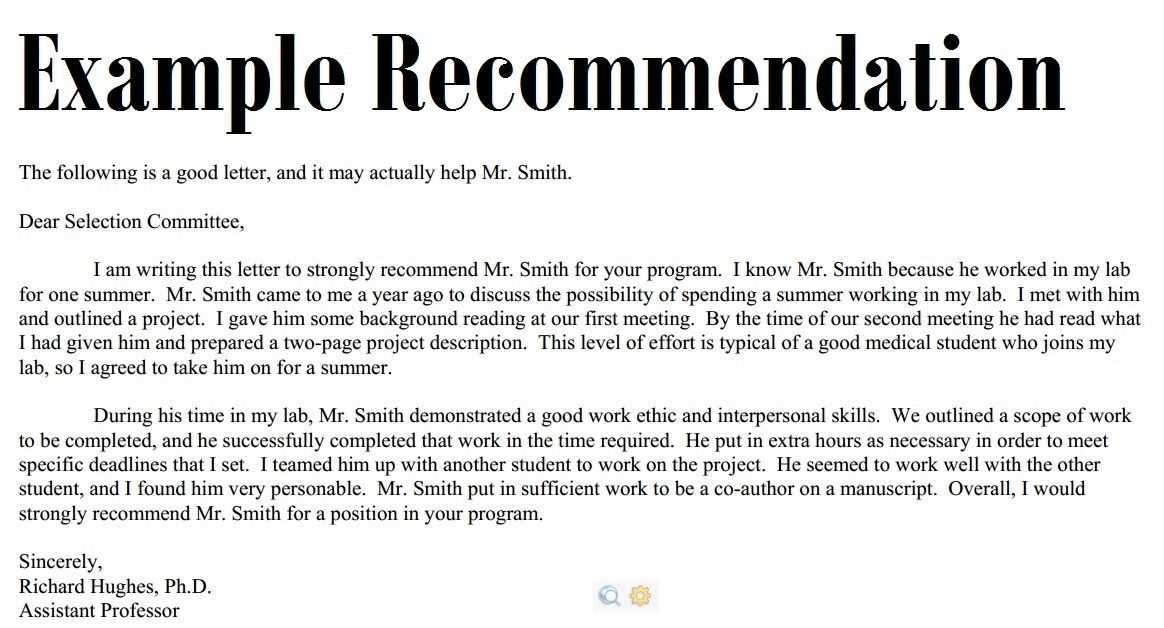
One of the most common mistakes is rushing into a request without properly framing it. It’s important to give the recipient enough context and time to consider your appeal. When your request feels abrupt or lacks explanation, it can come off as impolite or inconsiderate.
Failing to Show Appreciation
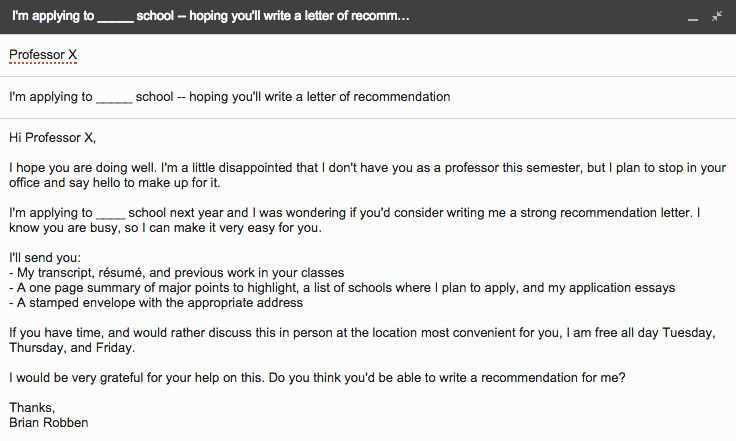
Another frequent error is neglecting to express gratitude for the person’s time and effort. A polite acknowledgment of their willingness to help can make a significant difference in how your request is perceived. Without this, your message might feel transactional and less genuine.
| Mistake | What to Do Instead |
|---|---|
| Rushing the request | Provide ample context and explain why you’re reaching out. |
| Not showing appreciation | Express gratitude for their time and effort. |
| Being too vague | Be clear about what you need and why it’s important. |
| Overloading with information | Keep your message concise and focused on the essentials. |
How to Address the Recipient Properly
Properly addressing the person you’re reaching out to is essential in setting the tone of your request. A respectful and appropriate greeting reflects your professionalism and helps build rapport with the recipient. The way you address someone can influence how seriously they take your request and whether they feel valued enough to respond positively.
Start by using the recipient’s correct title or honorific. If you’re unsure of their formal title, it’s better to err on the side of caution and use a more formal address, such as “Dr.” or “Professor,” when applicable. If you’re on a first-name basis, make sure to balance friendliness with respect, depending on your relationship with them.
Additionally, if the person holds a higher position, such as a manager or professor, it is important to acknowledge their status. This shows recognition of their position and demonstrates politeness. However, if you’re writing to a peer or colleague, a slightly more casual tone may be appropriate, but it’s still crucial to maintain professionalism.
Follow-Up Strategies After Sending Your Email
After reaching out to someone with a request, it’s essential to follow up in a timely and respectful manner. Following up ensures that your message hasn’t been overlooked and gives the recipient a gentle reminder. However, it’s important to approach the situation tactfully, as excessive or impatient follow-ups can appear rude or pushy.
Here are some strategies to consider when following up:
- Give Enough Time: Allow the recipient at least a week or two before sending a follow-up. This gives them ample time to review your request and respond.
- Be Polite and Considerate: Acknowledge that they may have a busy schedule and express appreciation for their time.
- Keep It Brief: Your follow-up should be concise and to the point, reminding them of your initial request without overwhelming them with details.
If you don’t receive a response after a second follow-up, it’s important to gracefully accept the situation and move on. Not everyone may be in a position to assist, and maintaining professionalism throughout ensures that the relationship remains positive.